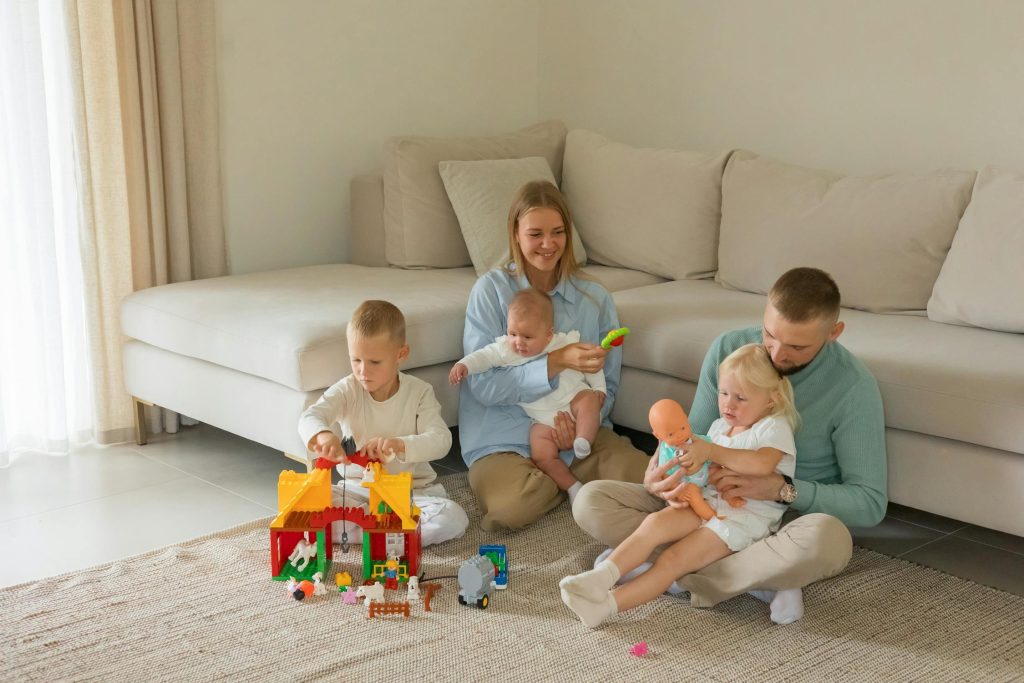Somewhere between “this isn’t for me” and “this is everything I’ve ever wanted” lies the dangerous territory of “it’s good enough”
Have you ever caught yourself watching other couples in love and wondering if you’re really in a relationship—or just filling a space that feels too scary to leave empty? In today’s fast-paced world of dating, where everything moves quickly and attention spans are short, lukewarm relationships have quietly become the norm. And that’s not necessarily good news.
These are the kinds of relationships that aren’t bad enough to break up, but also not great enough to feel fulfilling. They hover somewhere in the middle: not awful, not amazing. Comfortable, but not exciting. You coexist rather than connect. So why do so many people stay in these relationships when deep down, they know they want something more?
Let’s dive into this emotionally complex, and often silently painful, dynamic.
The Emotional Comfort Zone: When “Good Enough” Becomes a Trap
It’s easy to spot the emotional comfort zone: there’s no major drama, no big fights—but also, no real excitement. Dinner dates are pleasant, intimacy is okay, the companionship is familiar. But the spark? It’s missing. That heady feeling of anticipation or longing is nowhere to be found.
For many, that feels like enough. And the reason is simple: fear of being alone. The idea of leaving a lukewarm relationship only to face solitude, dating apps, awkward first dates, and long periods of waiting feels more terrifying than staying where they are. The “almost” becomes a safe haven. But over time, this “almost” starts to hurt.
The Self-Esteem Factor: What Do You Believe You Deserve?
Another major reason people stay in lukewarm relationships is low self-esteem. When someone doesn’t believe they’re worthy of something deeper, more passionate, or more connected, they settle for less. Internally, they may be telling themselves, “At least I have someone,” “This is better than being single,” or “Maybe real love doesn’t actually exist.”
These limiting beliefs are often rooted in past traumas, unhealthy family models, or patterns we’ve repeated so many times they begin to feel normal. Breaking out of that cycle requires self-awareness, courage, and a willingness to face the unknown.
When Fear Wears the Mask of Love
One of the most subtle disguises fear can wear is the costume of love. Phrases like “But we get along so well,” or “He/she is a good person,” or “I don’t want to hurt them” might sound noble—but they often hide a hard truth: we’re afraid to make the hard choice.
Ending a lukewarm relationship means stepping into discomfort—not just the discomfort of loneliness, but the discomfort of admitting that you may have been wrong, that you’ve stayed too long in something that doesn’t make your heart race. Sometimes it feels easier to cling to what “could be worse” than to believe things could be truly amazing—especially when your confidence is low.
The Myth of Stability: Does Love Always Need to Be Intense?
Let’s pause here for a moment of honesty. There’s a toxic narrative around love that suggests it must be a nonstop rollercoaster of passion and intensity. But in reality, healthy, long-term relationships aren’t always full of fireworks. Routine, peace, and emotional safety are essential.
But there’s a difference between stability and stagnation. When your relationship turns into an endless cycle of autopilot gestures, without eye contact that lingers, shared dreams, or emotional intimacy, it’s not a mature love you’re living—it’s quiet resignation.
Inside the “Almost”: The Small Frustrations That Add Up
What makes lukewarm relationships so dangerous is that they rarely cause huge heartbreak. Instead, they hurt in small, consistent doses. A lack of curiosity here, a forced smile there, intimacy that feels more obligatory than wanted, conversations that lack depth.
Over time, these micro-frustrations add up like drops of water in a glass. Eventually, that glass overflows. But by then, the breakup often feels too late—you’ve already lost time, patience, and maybe even your belief in love.
The Cycle of “Maybe”: The False Hope That It’ll Get Better
Another major trap in lukewarm love is the eternal “maybe.” “Maybe he’ll change,” “Maybe things will get better after the vacation,” “Maybe marriage will bring us closer.” This kind of hope, while well-intentioned, becomes a pacifier that prevents real action.
The problem is, while you’re busy living in “maybe,” you’re not living your “now.” And life is made of nows. Postponing emotional decisions out of fear or guilt is a guaranteed way to miss out on a deeper love—with someone else, or even with yourself.
How to Tell If You’re in a Lukewarm Relationship
If any of the signs below resonate with you, it may be time for a deeper reflection:
-
You feel more “numb” than excited in the relationship, but can’t put your finger on why.
-
You don’t really miss your partner when they’re away, but don’t feel thrilled when you’re together either.
-
You avoid serious talks about the future because deep down, you know your visions don’t align.
-
Physical intimacy happens out of habit, not real desire.
-
You find yourself saying, “I’m used to it,” more often than “I’m in love.”
If you answered “yes” to at least three, it’s time to take a closer look at where you are—and where you’d rather be.
What to Do When You Realize You’re Stuck

The first step doesn’t have to be breaking up. Many lukewarm relationships can be reignited with honest conversation, emotional reconnection, and shared effort. But staying just because you’re afraid to leave isn’t fair—to you or your partner.
Talk about it. Ask how your partner feels. Share your confusion. If there’s mutual love and openness, this could just be a rough patch—not the end.
But if, even after trying, nothing changes, then you owe it to yourself to admit: you deserve something more alive.
The Love That Burns Starts With You
Here’s the truth: no relationship will ever feel whole if you’re disconnected from yourself. Knowing what excites you, what you dream of, what you long for—these are the starting points for not settling.
Believe this: there is a kind of love out there that matches your intensity. But to find it—or to rekindle it in a fading relationship—you must be willing to step out of the lukewarm zone.
Your heart, after all, was made to beat hard and fast.
???? Final Thought: Are You With Someone Because You Want To Be, or Because You’re Afraid to Be Alone?
Questions like this can be uncomfortable—but they’re also freeing. In the end, living a love that feels real, fulfilling, and vibrant isn’t just a matter of luck—it’s a conscious decision. Choose yourself. Choose with an open heart. Choose with courage.

